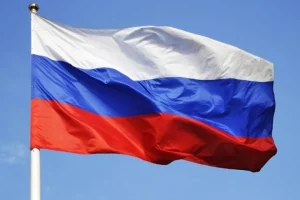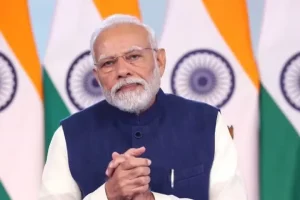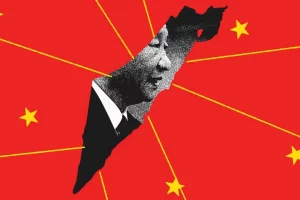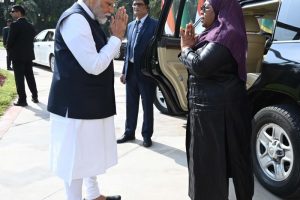The three-day BRICS (Brazil-Russia-India-China-South Africa) summit, to kick off tomorrow, will be monitored closely by the world community. With about 40 countries, now showing their keenness to formally join the group, the 15th summit is no ordinary one. Importantly, it marks a clear movement in world power play as the focus shifts on the Global South. Importantly, the issue of a common BRICS currency amid the de-dollarisation exercise is expected to get a further push.
The current BRICS member countries, especially India, Russia and China have already started to actively push their own currencies for international trade after the West-led sanctions on Moscow came into effect last year.
The exercise of de-dollarisation, which was on the drawing board for decades, has now garnered unprecedented attention.
“I can certainly see why talk of a BRICS currency is, well, gaining currency. The BRICS summit comes as countries across the world are confronting a changing geopolitical landscape that is challenging the traditional dominance of the West,” Mihaela Papa, Adjunct Assistant Professor of Sustainable Development and Global Governance, The Fletcher School, Tufts University wrote in the Conversation.
Even as several economists trashed the idea of a common BRICS currency, Papa added that though the members of the bloc have been seeking to reduce their reliance on the dollar for over a decade, Western sanctions on Russia after its invasion of Ukraine have accelerated the process.
Naturally, the US and many other countries in the West are wary of the BRICS.
“There is a risk when we use financial sanctions that are linked to the role of the dollar that over time it could undermine the hegemony of the dollar,” US Treasury Secretary Janet Yellen told CNN earlier.
Beijing based Chinese government’s mouthpiece Global Times noted that as the summit approaches “some Western media have beefed up their hyping of so-called divergences among member states.”
Recently, noted British economist, Jim O’Neill, who coined the term BRICS, termed the plan to launch a common currency as a ridiculous idea. Neill even went on to say that the BRICS “never achieved anything since they first started meeting.”
The BRICS bloc, set up in 2001, has taken time to take off but in the swiftly changing geopolitical and geo-economic contours in the post Covid phase, the group — home to 42 per cent of the global population, has gained world attention like never before. From an institutional perspective the grouping has successfully established the Shanghai based New Development Bank, a lender focusing on emerging economies though it is overshadowed by other multilateral lenders such as the World Bank, International Monetary Fund and Asian Development Bank.
According to Voice of America, the BRICS group of fast-developing economies has positioned itself as an alternative to the western-dominated global order.
Also read: Why stars maybe aligning for a Modi-Xi meeting during BRICS at Johannesburg




















